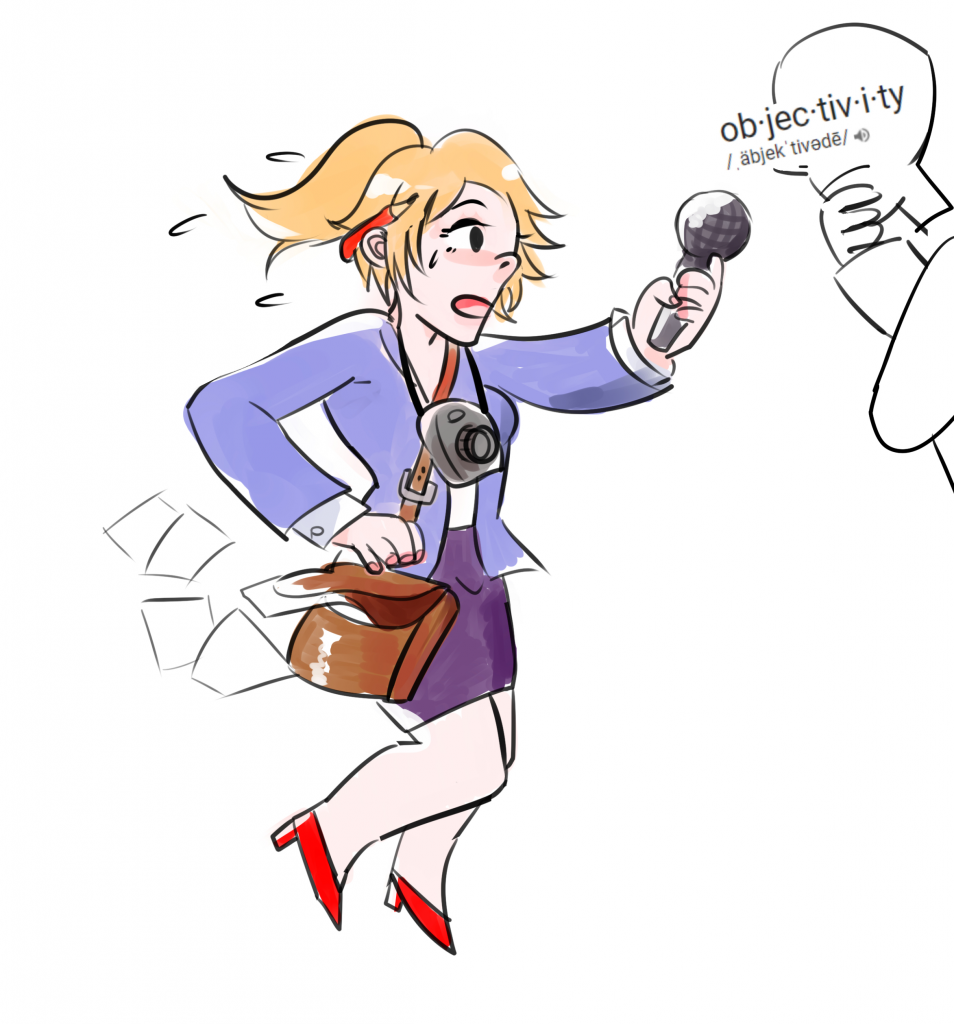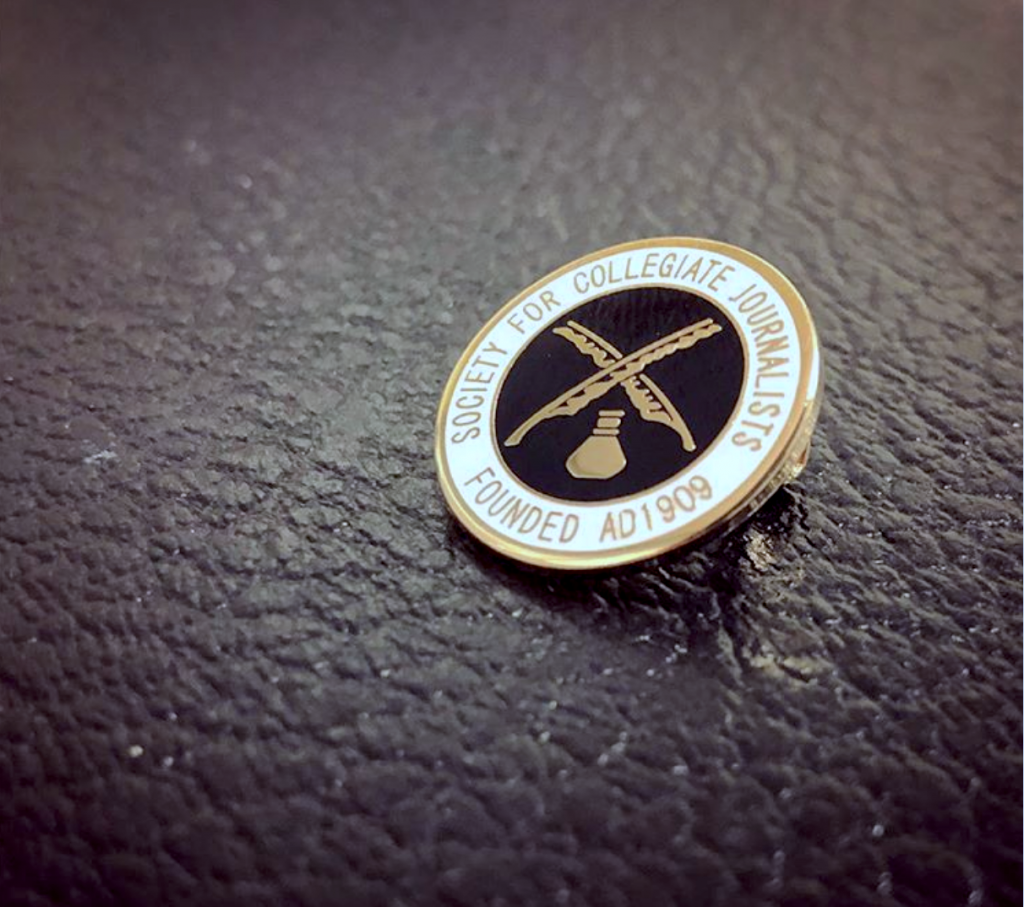
Can journalism be objective? According to Hunter S. Thompson, “there is no such thing as objective journalism. The phrase itself is a pompous contradiction in terms.” In his book, “Fear and Loathing on the Campaign Trail ‘72,’” Thompson provides a personal account of the events of the 1972 election as a resident correspondent for Rolling Stone Magazine. The style Thompson uses is one he popularized — Gonzo Journalism — which is when the author of a piece of nonfiction makes themselves part of the story.
This style is less concerned with the objective facts of the situation and more concerned with the observations and analysis of the reporter. Every interaction involved in getting the story is included within it. This is one of the core elements of new journalism which introduces fiction writing techniques to help convey a nonfiction story. There is a debate regarding whether or not new journalism techniques disqualify articles as nonfiction. Thompson’s work straddles the border between nonfiction and fiction at varying intervals.
In using this method, he raises an interesting question about the existence of objective journalism. Because of advertising, funding and personal bias, even news outlets that attempt to be objective are still being driven by some form of agenda or at least subject to the influences of their biases. If this is true, then it means truth and objectivity are more elusive than anyone might realize. Complete objectivity is probably impossible.

At the same time, a genuine attempt at objective journalism can help point people in a more objective direction through a subjective account of an experience. If enough people honestly report what they see and feel, then we can analyze those reactions collectively and see how they interact with each other. The reader should also always go into a piece realizing that bias and perspective play a part in affecting how information is presented.
It’s a good way to help retain information that makes sense and dispense what doesn’t. A constant and healthy level of skepticism is important in making sure your ideas do not stagnate. It helps to keep your opinions and beliefs at a distance, allowing you to remain ahead of them instead of letting them dictate how you behave.
The realization that objective journalism might not exist should be a renewed sense of inspiration in the possibilities of new journalism and the future. The measured analysis of our collective experiences is going to help us discern the closest thing to the truth we can find. Maybe the solution to the sense of polarization we feel in the political and social sphere is to admit to the reality of our subjectivity.
There is a discomfort that arises from the dissonance created by organizations that claim to be objective and then contradict themselves by adhering to their proclivities, agendas and sponsors. Our only choice for the future is to come to terms with the idea that objective journalism might just be an ideal worth aiming for, but not a tangible thing that exists.



























